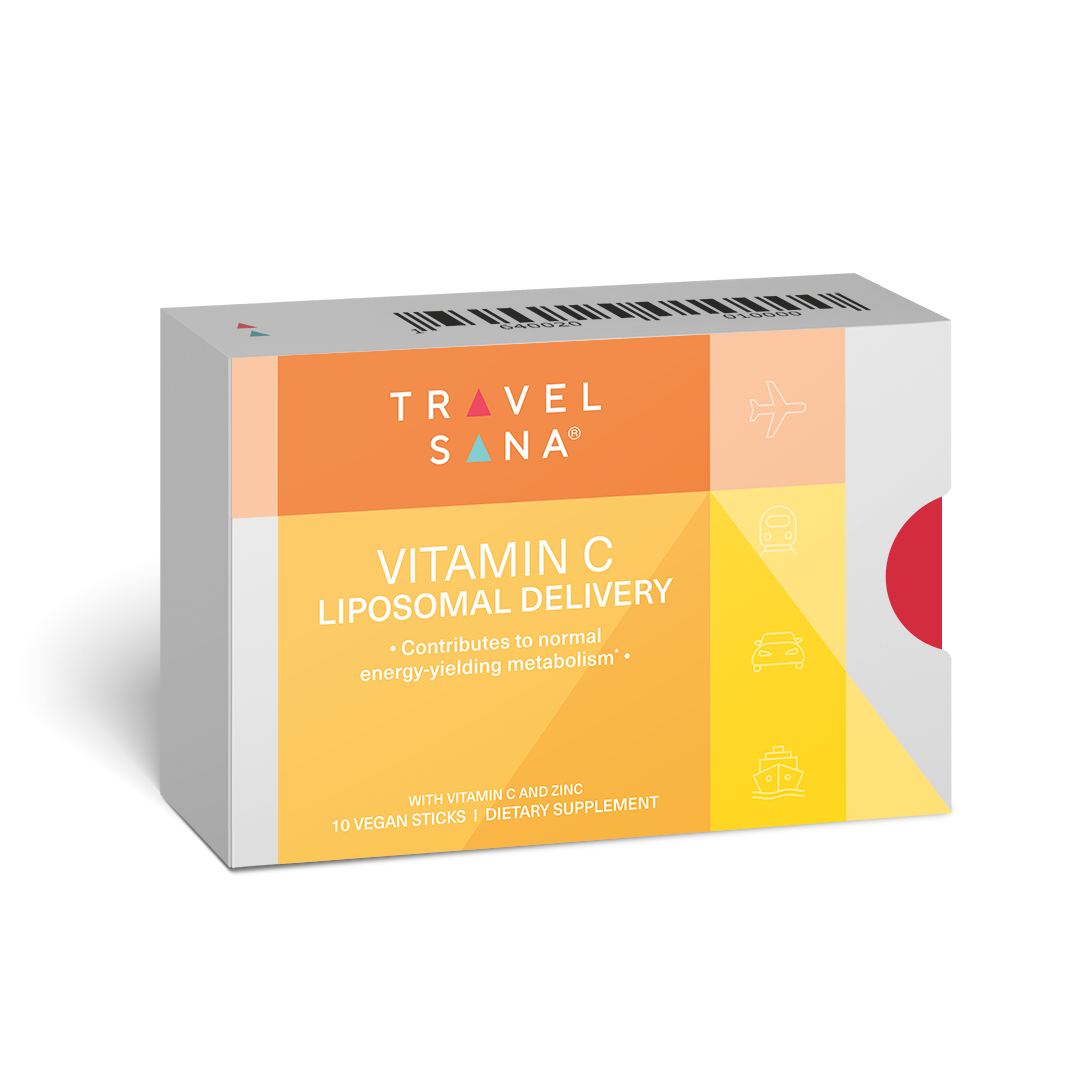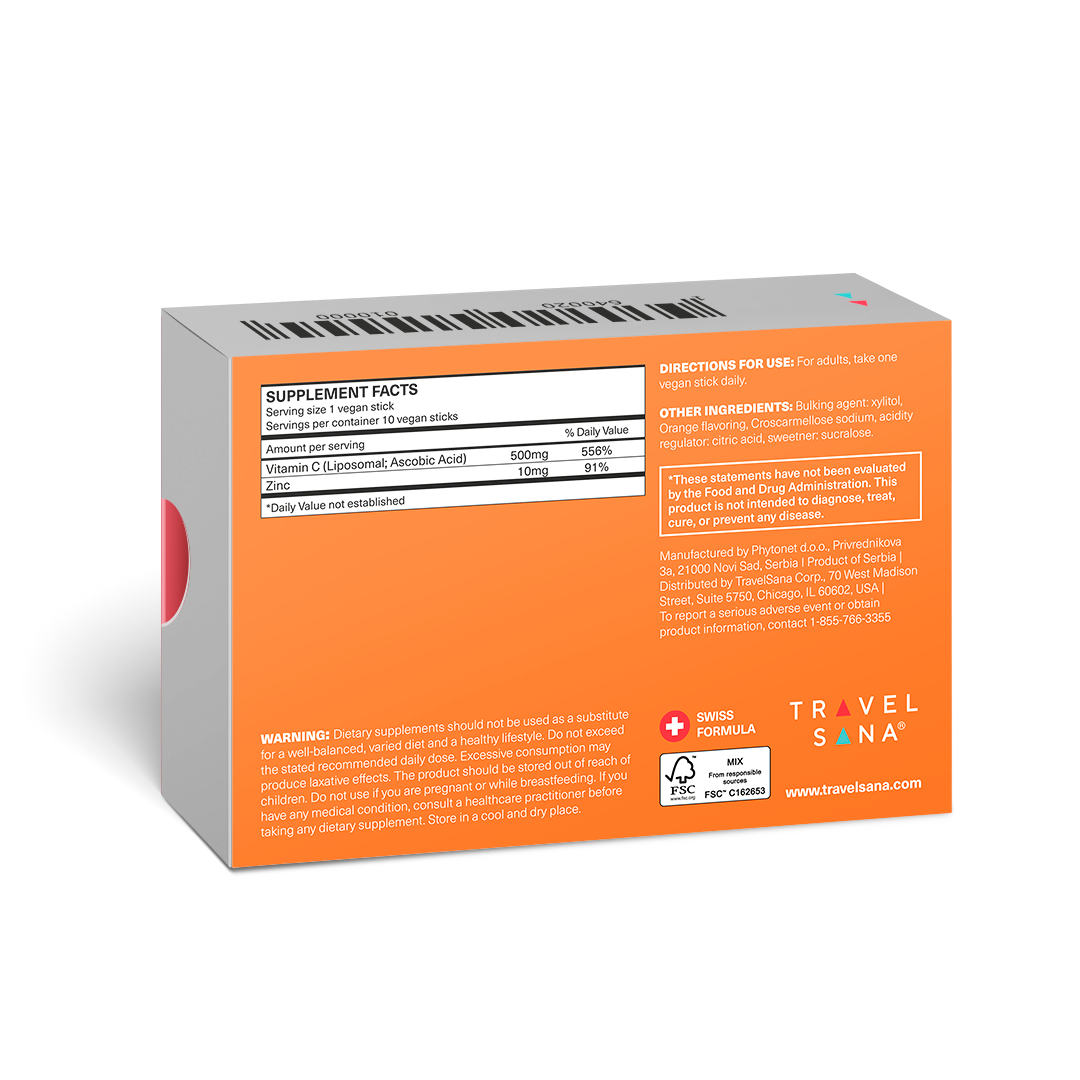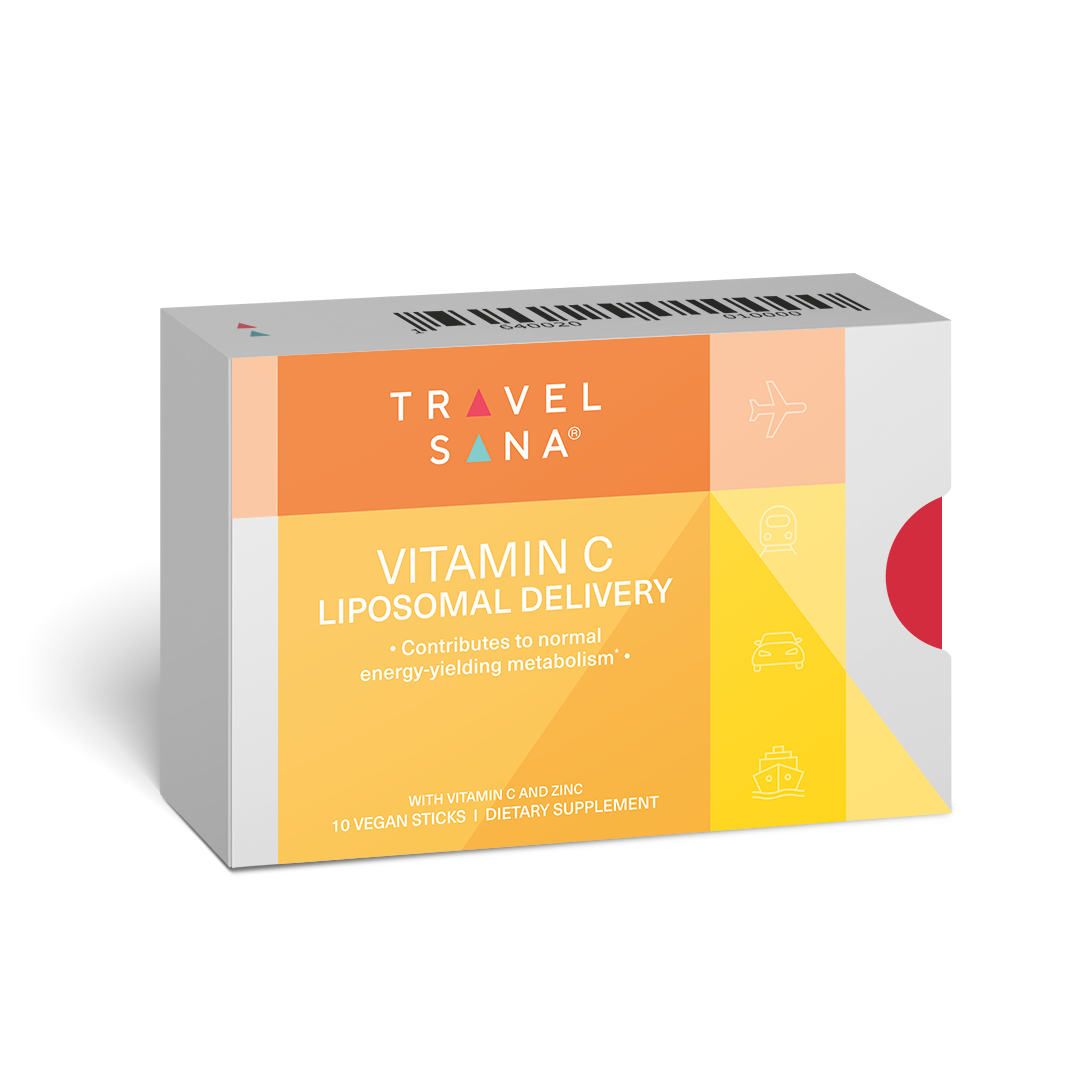
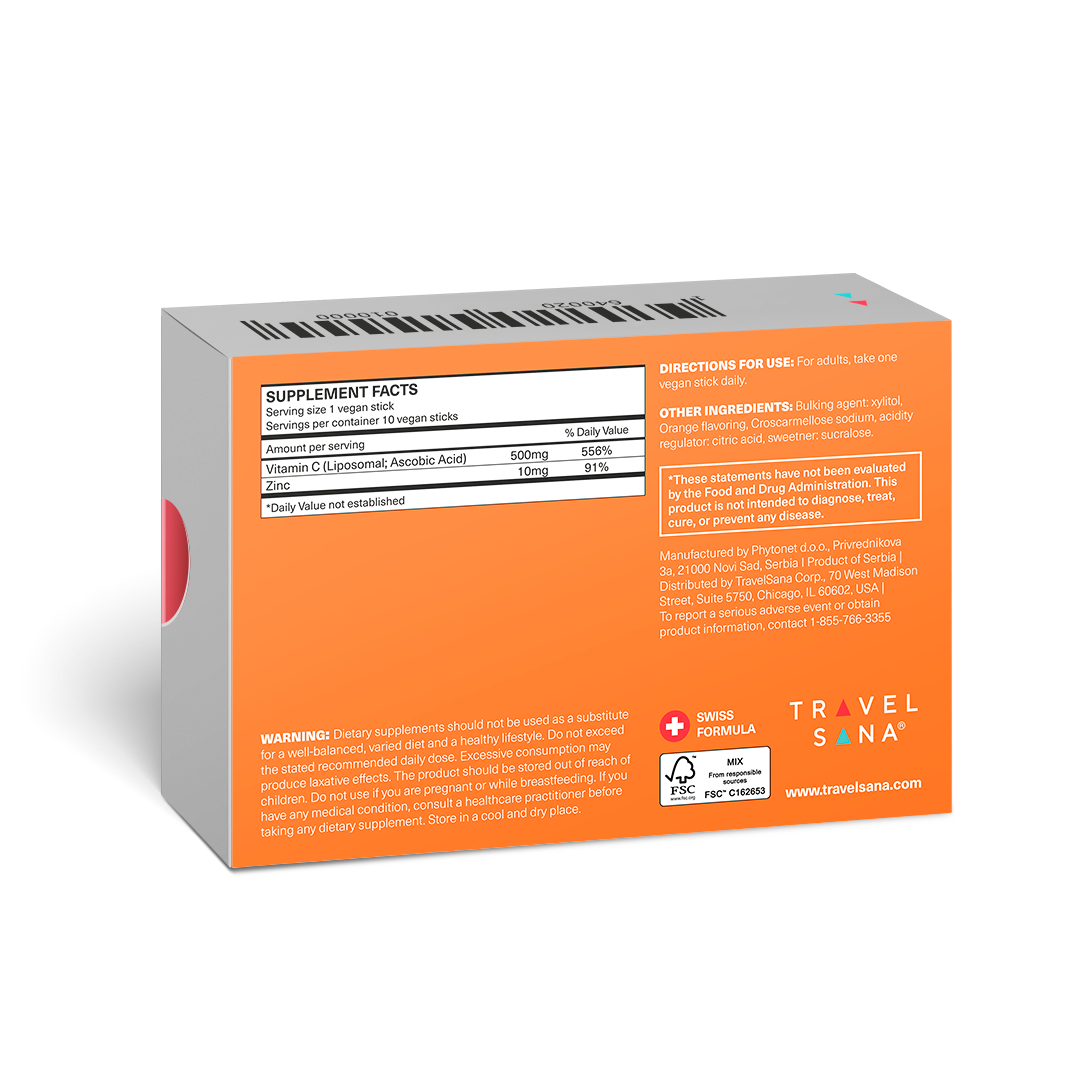
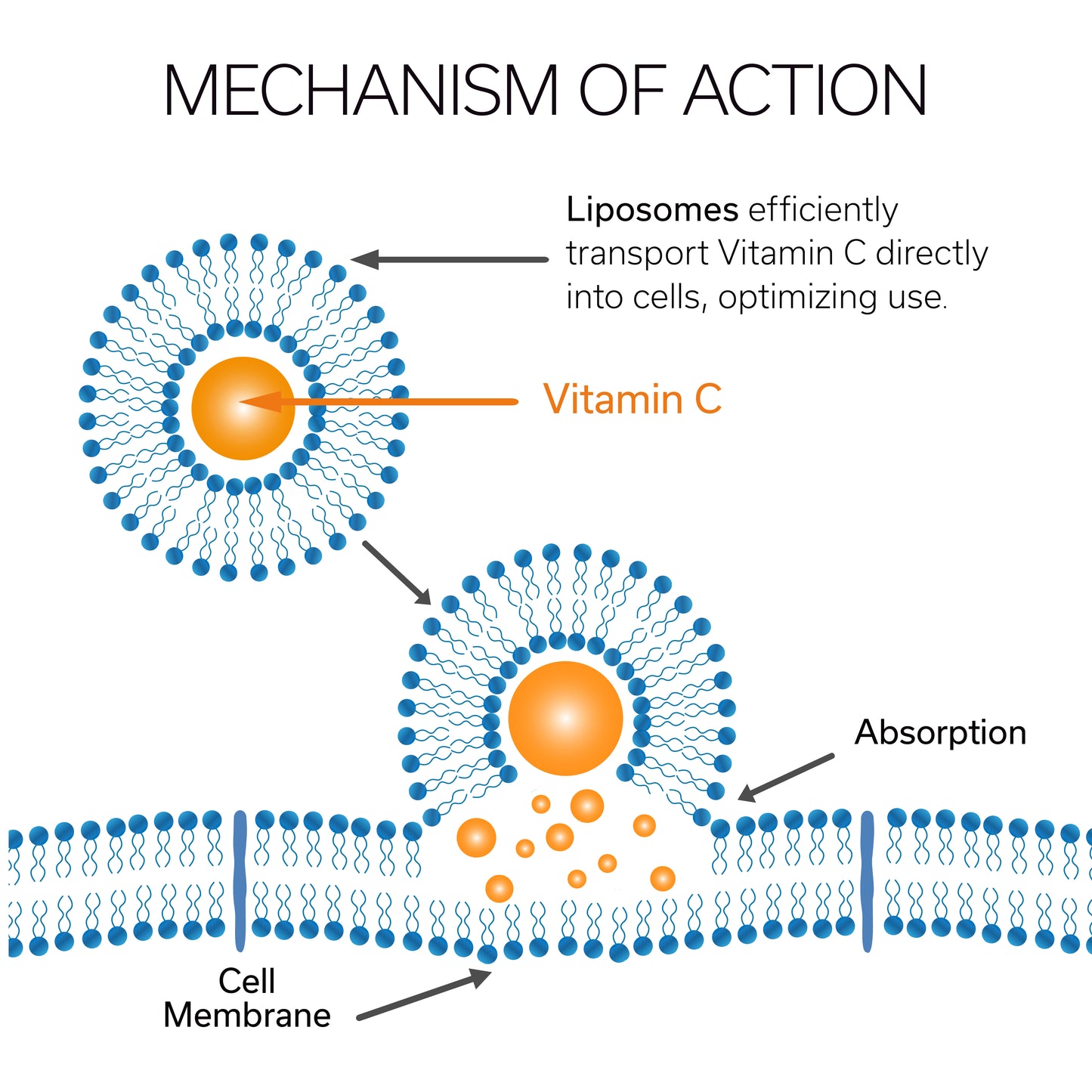
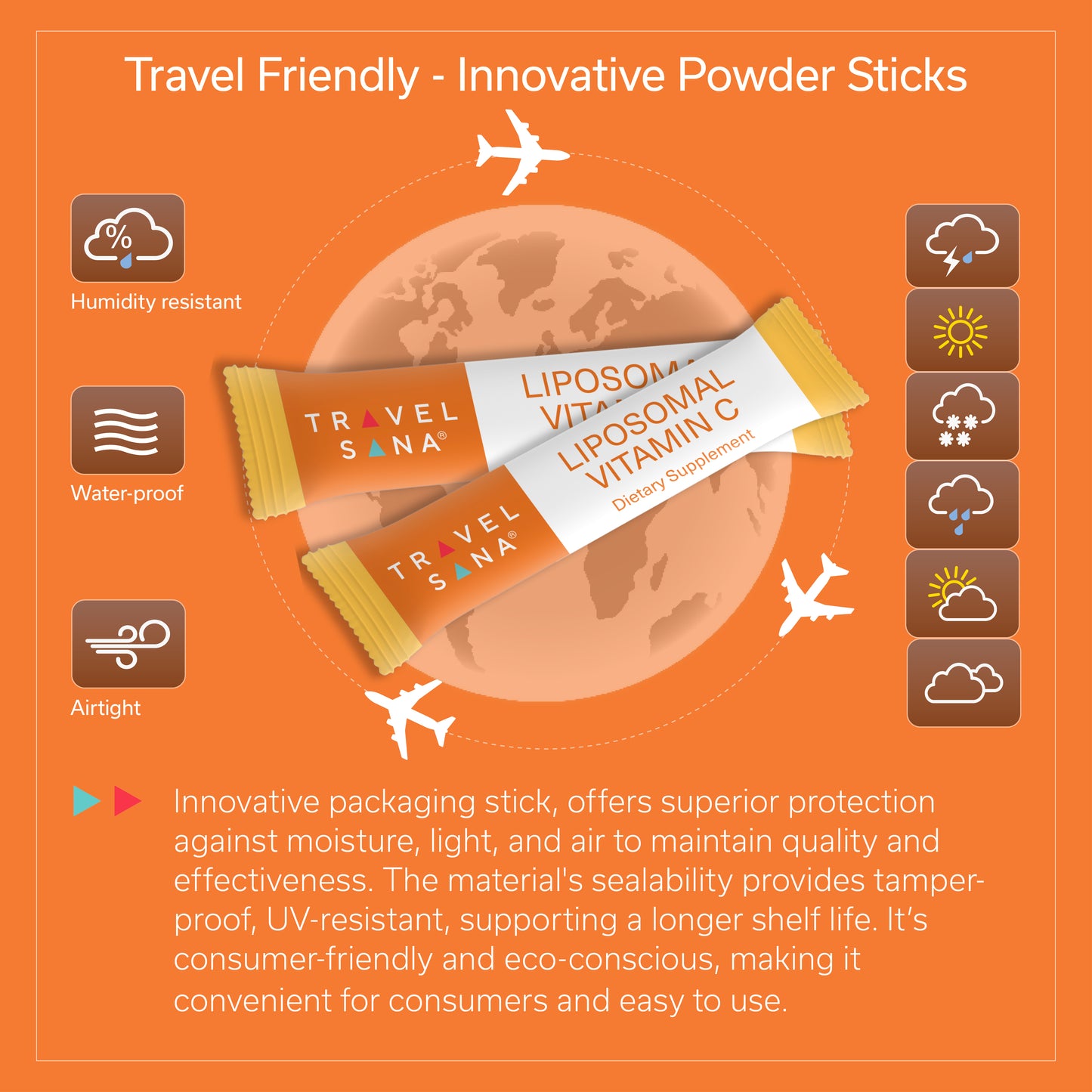
What is Vitamin C?
Vitamin C, or ascorbic acid, is a water-soluble vitamin that is involved in many cellular mechanisms. A Vitamin C deficiency makes people less resistant to infections.
Vitamin C
Vitamin C, or ascorbic acid, is a water-soluble vitamin that the body needs and that is unfortunately not produced by the body. Like other animals such as certain primates, bats and certain species of fish, humans have lost the ability to produce it in the kidneys and liver during evolution. Therefore, people must find them in diet to survive. Fruits and colored raw vegetables contain the most vitamin C: red bell pepper, orange, lemon, grapefruit, raspberry, strawberry, broccoli, tomato, etc. Sensitive to heat, air (by oxidation) and light, it is advisable to eat them raw or in fresh juice so as not to alter the molecule and so that the body can use it 100%.
Vitamin C is involved in many cellular mechanisms. It is necessary in the synthesis of collagen, red blood cells and the immune system. It is also involved in the proper functioning of muscles. Besides its antiscorbutic effect, the intake of vitamin C in the form of food supplements is nowadays especially recognized to fight against fatigue, oxidative stress and symptoms such as that of common cold.
The discovery of Vitamin C only dates back to 1930. It was isolated for the first time by Dr. Albert Szent-Györgyi (Nobel Prize in Medicine and Physiology 1937) and was synthesized in 1934 by Dr. Walter Norman Haworth (Nobel Prize in Chemistry 1937). Today, it is well known that a deficiency in Vitamin C can cause pathologies such as scurvy and may make people less resistant to infections. In the 16th century, European navigators were the first to see the ravages caused by scurvy during their long voyages to the New World.
Unfortunately, it took a long time to understand where the disease came from. It was not until the 19th century that the English navy became aware that the consumption of citrus fruits, such as lemons and oranges had a powerful antiscorbutic effect. During the 20th century, scurvy almost disappeared in industrialized countries but remained a problem in countries with malnourished populations. The use of Vitamin C is nowadays better known to fight against fatigue and common cold.
Vitamin C, or ascorbic acid, is a water-soluble vitamin that the body needs and that is unfortunately not produced by the body. Like other animals such as certain primates, bats and certain species of fish, humans have lost the ability to produce it in the kidneys and liver during evolution. Therefore, people must find them in diet to survive. Fruits and colored raw vegetables contain the most vitamin C: red bell pepper, orange, lemon, grapefruit, raspberry, strawberry, broccoli, tomato, etc. Sensitive to heat, air (by oxidation) and light, it is advisable to eat them raw or in fresh juice so as not to alter the molecule and so that the body can use it 100%.
Vitamin C is involved in many cellular mechanisms. It is necessary in the synthesis of collagen, red blood cells and the immune system. It is also involved in the proper functioning of muscles. Besides its antiscorbutic effect, the intake of vitamin C in the form of food supplements is nowadays especially recognized to fight against fatigue, oxidative stress and symptoms such as that of common cold.
